
A Doctor Explains Why You Should Avoid Kissing Someone Who Has Passed Away
Doctors warn against kissing the deceased due to hidden health risks.
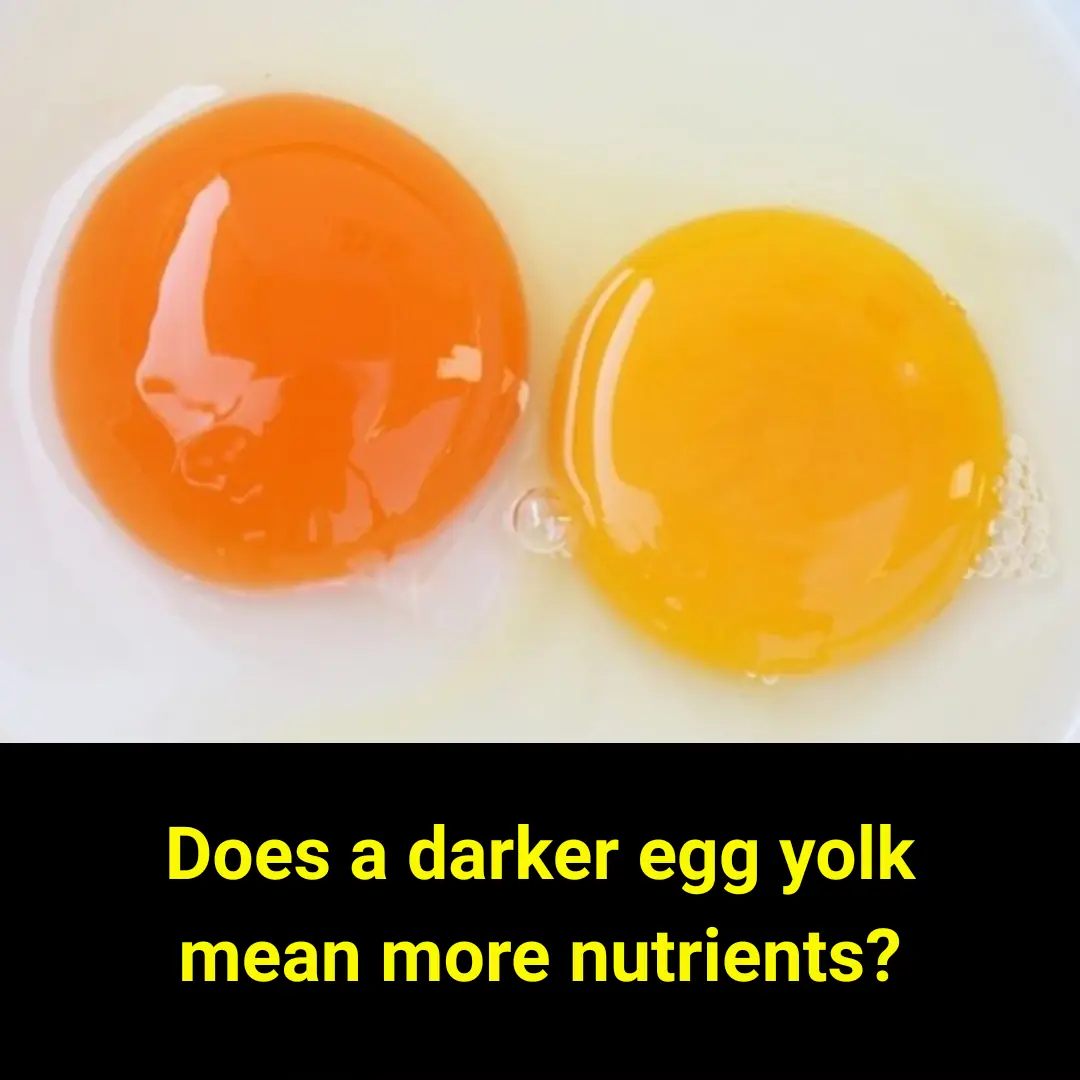
When cooking eggs, you might notice that some yolks are a rich orange color, while others are pale yellow. Does this variation in color mean there’s a difference in nutritional value?
Does a Darker Egg Yolk Mean More Nutrients?
Nutrition experts generally agree that both pale and dark egg yolks contain similar amounts of protein and fat. Some research indicates that darker yolks may have slightly higher levels of certain vitamins and potentially lower cholesterol than lighter yolks, but the differences are minimal.
Many people claim that eggs with darker yolks taste better. However, this perception could be influenced by psychological factors - how we interpret color can affect how we think food tastes, rather than an actual difference in flavor.
What Causes the Difference in Yolk Color?
The main factor influencing yolk color is the hen’s diet. Hens fed with foods rich in natural pigments such as carotenoids (found in plants like marigolds or red peppers) tend to produce eggs with deeper orange yolks.
Farmers often add such natural pigments to chicken feed to enhance yolk color and appeal to consumers.
Does the Hen’s Environment Affect Egg Nutrition?
There is a common belief that eggs from free-range, organic, or caged hens vary nutritionally. However, studies show that the living conditions of hens do not significantly change the nutritional content of the eggs they produce.
The shade of an egg yolk is not a reliable indicator of its nutritional value or taste. Both light yellow and deep orange yolks provide essential nutrients such as vitamins A, D, E, and K in comparable amounts, regardless of color.

Doctors warn against kissing the deceased due to hidden health risks.

The True Meaning Behind a Cat Rubbing Against You

The little arrow next to the gas gauge is something most people notice - but never truly understand

The Story of Two Exhausted Surgeons After a 32-Hour Operation:

Most people don't know the meaning of a ring on the middle finger

Why Slugs Deserve More Credit Than You Think

Home remedies to remove tartar dental

10 signs that a man shows when he's in love
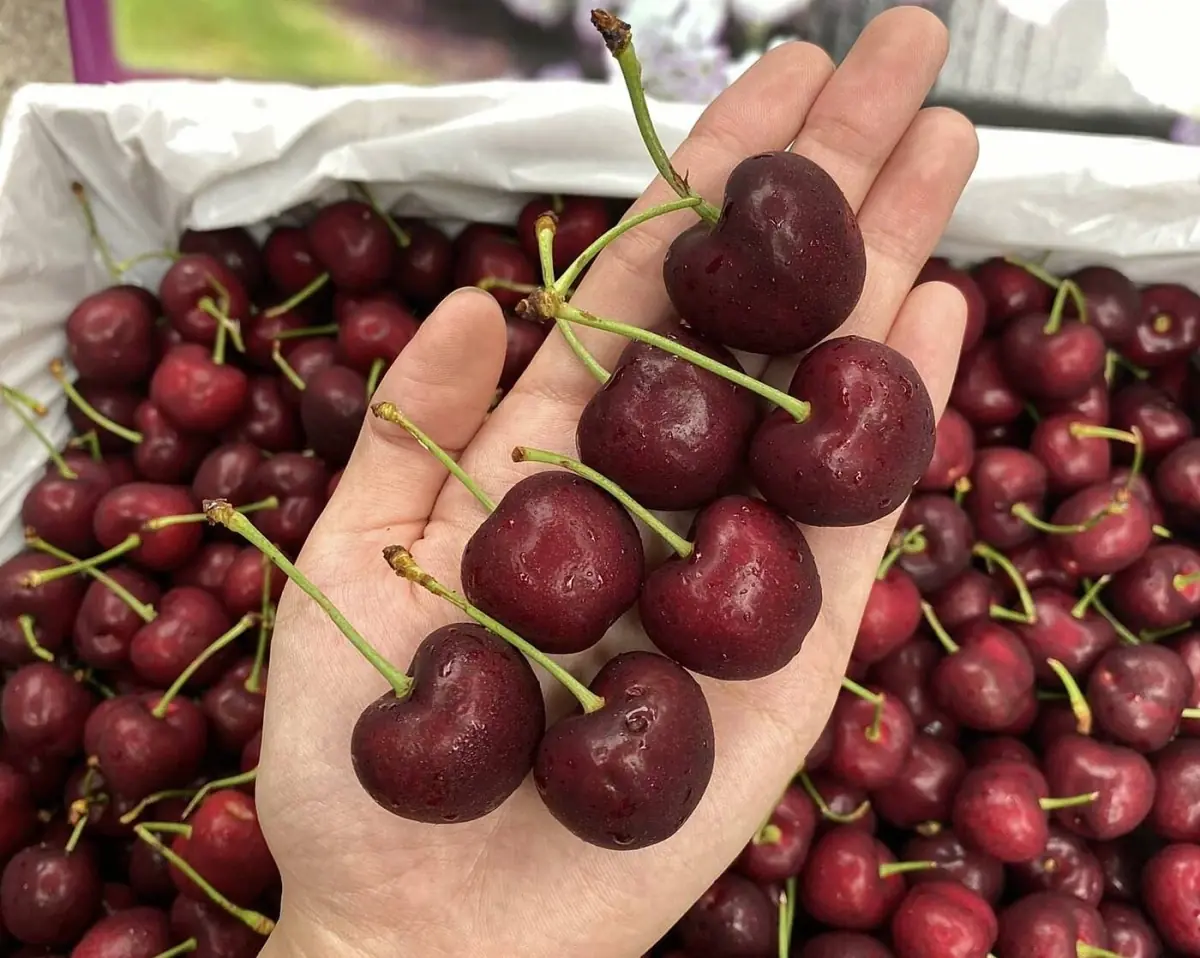
Managing blood sugar does not have to rely solely on medication or strict dietary deprivation.

Why one simple bedtime habit could quietly save your life

Intelligence alone cannot prevent failure without discipline.

7 reasons why a man gets bored with a woman

Not all cheating looks the same—and some forms feel invisible.

In modern life, the moments before bedtime for many couples often pass in a rush.

One of the most common reasons?

How to Recognize When a Parent Is in the Final Stage of Life and Prepare with Care

Subtle behavioral shifts can reveal deeper relationship secrets.

Bananas are undeniably nutritious.

Why under-stair bathrooms may cost more than you think
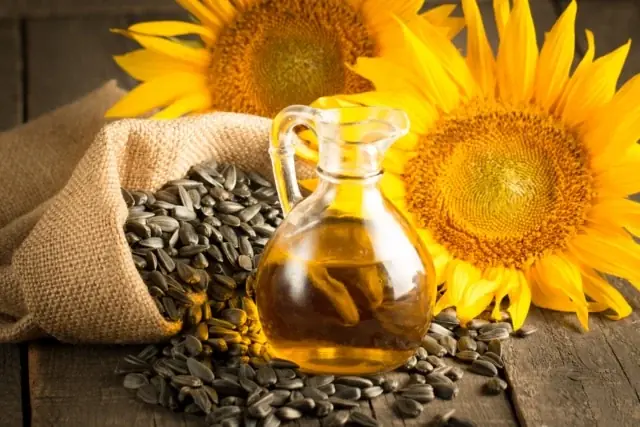
11 Important Facts About Sunflower Seeds You Should Know Before Snacking

Sweet potatoes are often hailed as a nutritional powerhouse, offering numerous health benefits when incorporated into a balanced diet.

Kidney disease is a serious condition that affects millions of people worldwide.

Liver failure is a serious medical condition that can develop gradually or suddenly and requires timely diagnosis and treatment to prevent life-threatening complications.

Certain foods, when consumed in excess, can have a negative effect on your bone health by draining calcium from your body.

Cancer is a leading cause of death worldwide, but did you know that your diet plays a major role in cancer prevention?

Cancer is one of the leading causes of death worldwide, but the good news is that certain foods contain powerful compounds that may help prevent and even fight cancer.

Stone Breaker Herb: A Traditional Botanical Ally for Kidney Stone Management
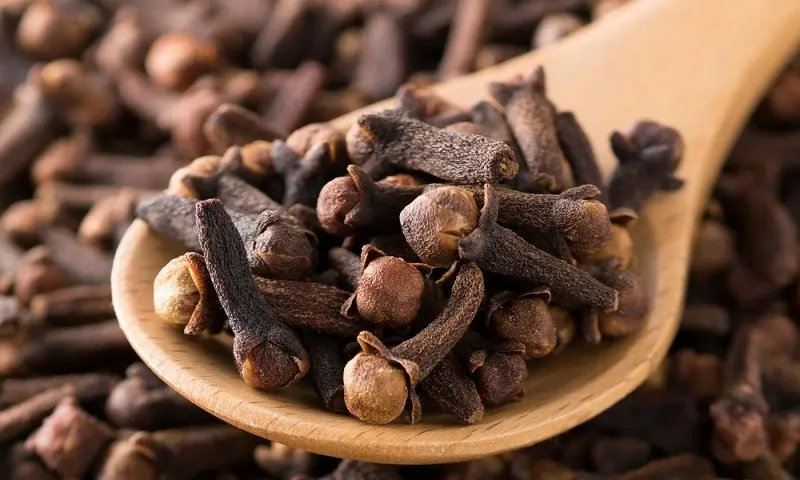
Chewing Just Two Cloves Each Morning: A Simple Habit That May Boost Your Overall Health

Risk Factors, Early Symptoms, and Prevention Strategies
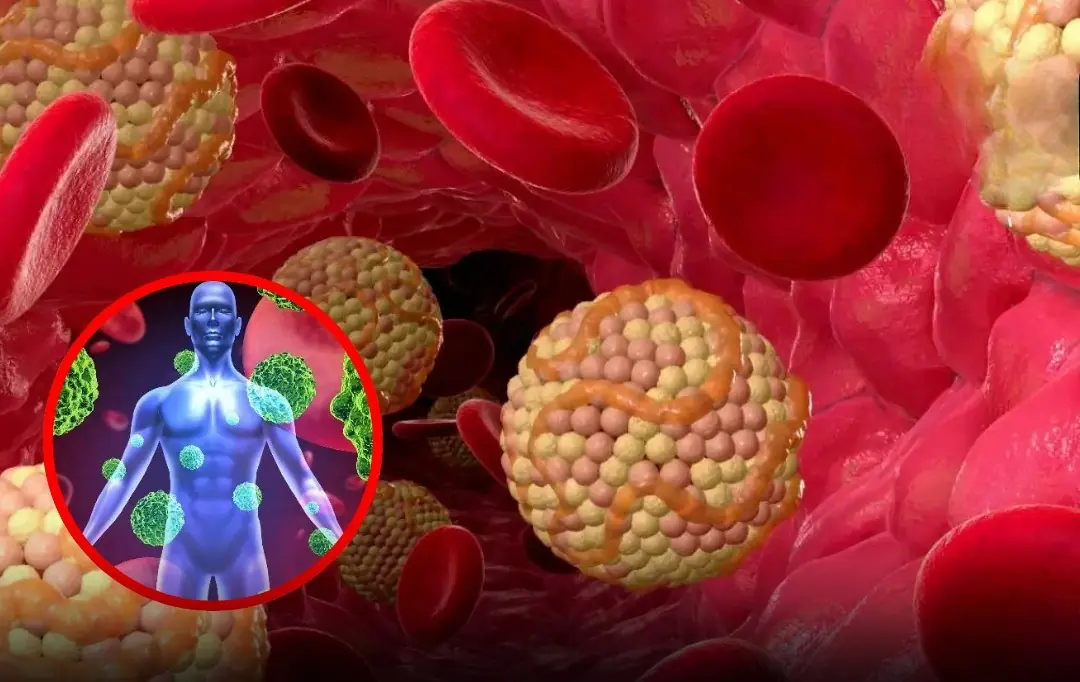
10 Hidden Blo.od Can.cer Symptoms Most People Miss Until It's Too Late
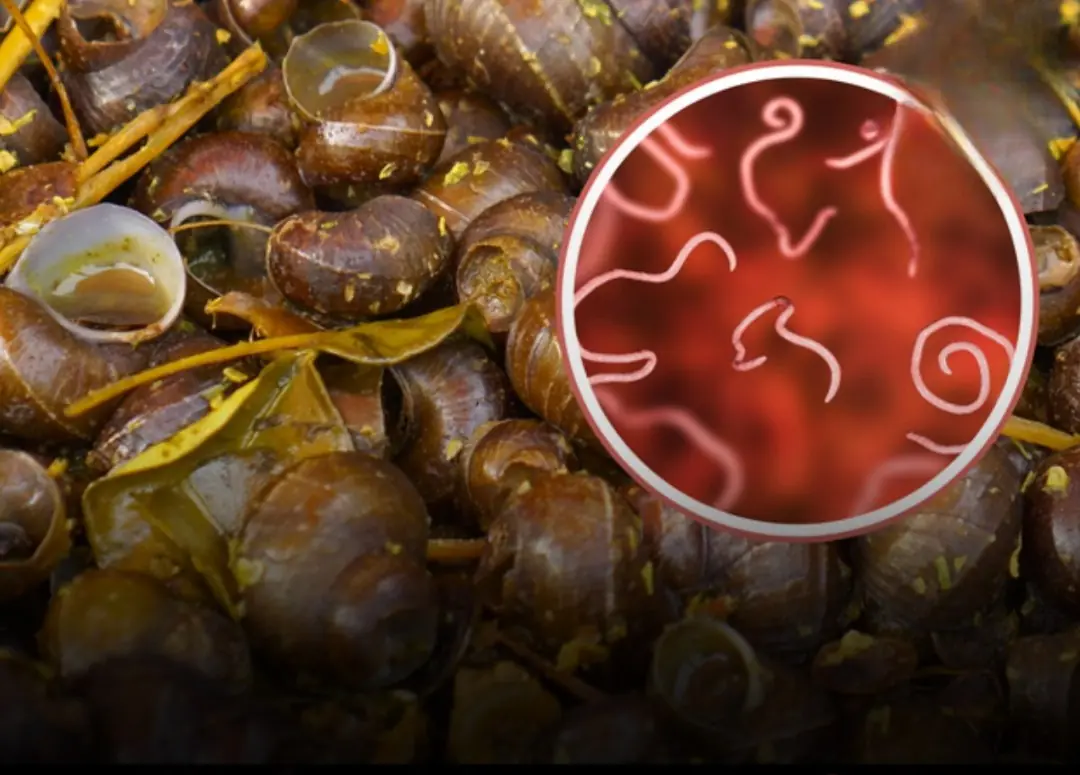
Yet Many People Still Eat Them Without Worry


Will Combining Certain Foods Make Your Liver Healthier? Here’s the Evidence




I thought sweet potatoes were number 1 until...

Can Eating a Certain Type of Meat for Breakfast Cause Pancreatic Cancer?

Can:cer may show up as DARK patches… Do you have any of these 7 signs?

How Do Japanese People Safely Eat Raw Fish Every Day?